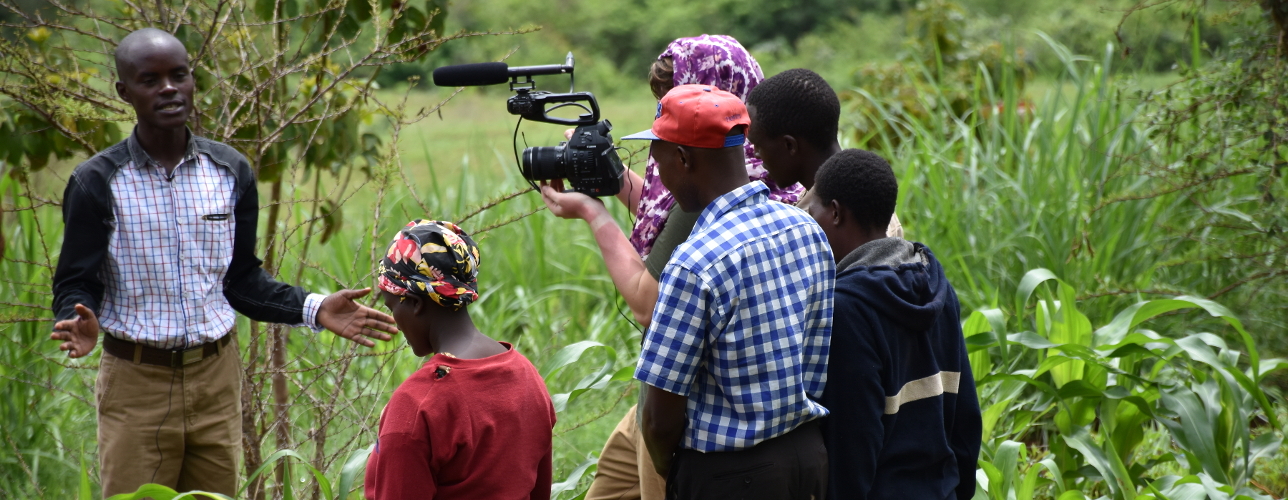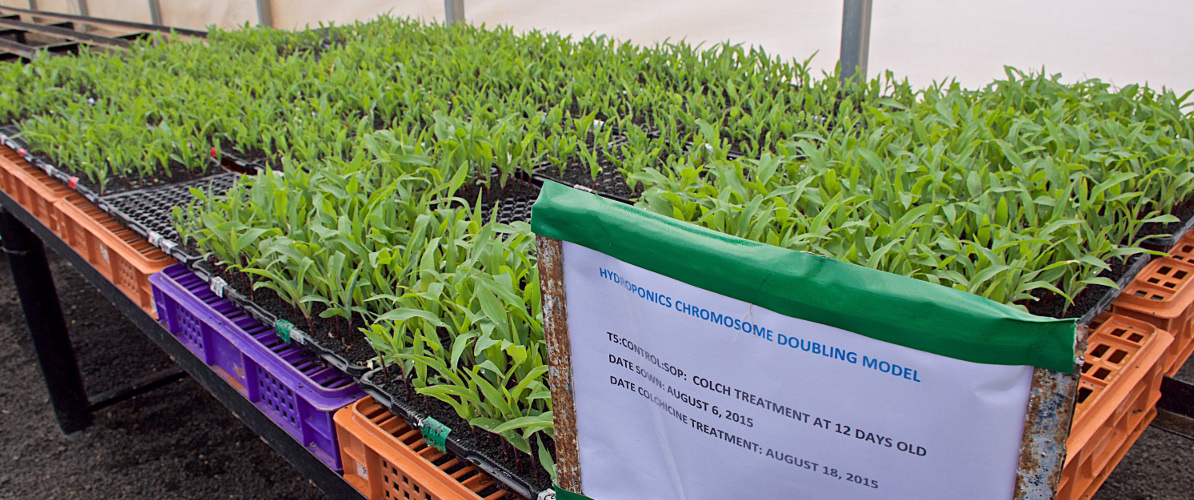Overview
Despite slow progress, maize productivity in sub-Saharan Africa is still the lowest in the world due to factors such as drought, poor soil fertility, diseases, insect pests and parasitic weeds that have crippled smallholders’ yield potential. All of this is compounded by the high price of inputs and a lack of financial resources.
The Stress Tolerant Maize for Africa (STMA) project seeks to develop maize cultivars with tolerance and resistance to multiple stresses for farmers, and support local seed companies to produce seed of these cultivars on a large scale. STMA aims to develop a new generation of over 70 improved stress tolerant maize varieties, and facilitate production and use of over 54,000 metric tons of certified seed.
This will be achieved through close partnerships with local seed companies and national agricultural research organizations across the 12 target countries. By 2020, the project aims to reach 5.4 million households with enough improved maize to cover 2.2 million hectares in eastern (Ethiopia, Kenya, Tanzania, Uganda), southern (Malawi, South Africa, Zambia, Zimbabwe) and western Africa (Benin, Ghana, Mali, Nigeria).
STMA will build on the successes and lessons of the Drought Tolerant Maize for Africa project, the Improved Maize for Africa Soils project and other related projects, which facilitated the production of 60,000 metric tons of certified seed, enough to plant more than 2.4 million hectares and benefit more than 6 million households (more than 53 million people) in 2015 alone.
Based on this work, STMA will prioritize the replacement of obsolete varieties more than 15 years old with new, improved, stress tolerant varieties to change the current low use of modern varieties, which stands at 58 percent in all the maize area in sub-Saharan Africa.
STMA Outcomes
- The project will effectively develop, adapt and utilize innovative breeding tools and techniques to increase the rate of genetic gain for important multiple traits.
- It will increase commercialization of improved, multiple stress tolerant maize varieties with gender-preferred traits by the sub-Saharan seed sector.
- It will facilitate seed availability and access in order to increase farmers’ uptake of stress tolerant maize varieties across the target countries.
- STMA will strive to optimize investment impact through effective project oversight, monitoring and evaluation, and good communication.
To know more, read the STMA Fact Sheet




